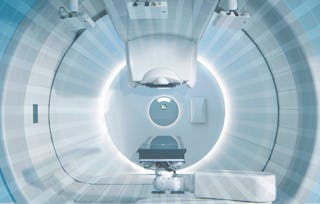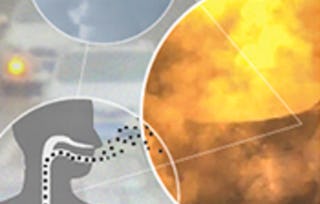Radiation is all around us - without it we wouldn’t exist. Yet the word has become synonymous with danger, death and disaster.
This MOOC will allow the world to see radiation in a new light, to expose its benefits as well as its risks. X-ray radiation, for example, is a scientific and medical discovery that has improved or prolonged billions of lives. Most of us have had an X-ray at some point in our life, at the Dentist, in a hospital or clinic. Yet few people really understand what X-rays are or where they come from. In this course, we will travel along the spectrum of electromagnetic radiation from unimaginably long to infinitesimally small wavelengths. At each significant point along the way we will stop and consider: What is the wavelength and frequency of this radiation? Is it ionising or not? Who discovered it and how? What are the uses of this radiation and What are the risks associated with it? Through this we hope to clarify a topic that is often confusing and concerning for many.















